 How do you distinguish yourself as a follower of Jesus Christ?
How do you distinguish yourself as a follower of Jesus Christ?
Do you distinguish yourself by what you don’t do (don’t swear, don’t drink, don’t have sex outside of marriage, don’t cheat, don’t lie)?
Or by what you do (forgive, love your enemies, serve others before yourself, worship God regularly, give sacrificially, speak the truth at all times, try to live like Jesus.)?
These are important questions.
When I work with teens, I try to challenge them not to define their faith by what they DON’T do.
Do they not drink? not do drugs? not swear? not have premarital sex? That’s all great and it can be a considerable challenge not to do those things in a culture that does but in reality, that’s kindergarten Christianity.
Better than just NOT doing things for God, I challenge my teens to expand their faith by defining themselves by what they DO because of Jesus. Do they reach out to kids who are ostracized by others? Do they love the unlovable people? Do they express gratitude to people in their lives? Do they forgive their parents? Do they dance with the fat girls and say kind words to the boys with acne?
Lately, I’ve read several blog posts by Christian writers who are trying to expand the definition of Christian fiction, Christian literature, Christian art.
These writers don’t want their work defined by what they don’t do for God (they don’t write characters who swear, they don’t write explicit sex scenes, they don’t write gratuitous violence).
These writers are reaching for something beyond kindergarten Christianity. They want their work defined by what it does for God.
Christian fiction should elevate the art of literature to new heights.
Christian fiction should further the discussion of faith and life.
Christian fiction should inspire the reader to ask greater questions, to live a greater life, and to reach out for a greater understanding of God.
Christian fiction should redefine story so that all stories that are written are measured against Christian fiction.
It should lead the way. It should incite the conversation. It should encourage resistance to popular culture and an aversion to falsehood and evil. It should cultivate an appetite for truth and beauty that leaves the reader gasping for God.
There should be nothing safe or sanitized about Christian fiction. It should scandalize and scare anyone who is settling for less than the life they were created to live in Christ.
Christian fiction shouldn’t create an escape for the reader, it should turn the reader’s world upside down.
In the book of Acts, there is an incident in Thessalonica, when a group of town leaders were so upset by what Paul and Silas were teaching that they gathered a mob to search for them. When they couldn’t find those two, they grabbed a man named Jason and some others – “And when they could not find them, they dragged Jason and some of the brothers before the city authorities, shouting, “These men who have turned the world upside down have come here also,” Acts 17:6
These men who have turned the world upside down. Wow, right? When was the last time you turned the world upside down in your corner of the planet?
If we Christian writers were doing our job, we wouldn’t have time to debate characters who swear – it wouldn’t be an issue for readers either because they’d be busy forming mobs to drag us out of our houses for turning their world upside down.
If I want to write “nice” stories, I worry about things like stray curse words and closed bedroom doors.
If I want to write fiction worthy to be called Christian fiction, I take the discussion to an entirely different level – is my story dangerous enough, does it go far enough, does it represent Christ so well that it turns someone’s world upside down?
That’s the conversation I want to have.
How about you?
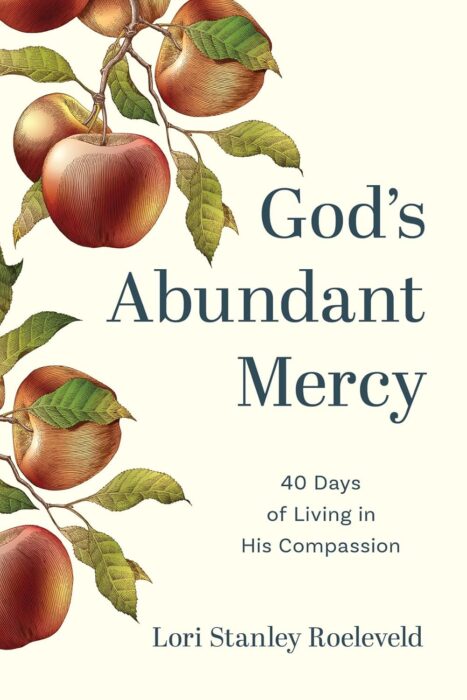
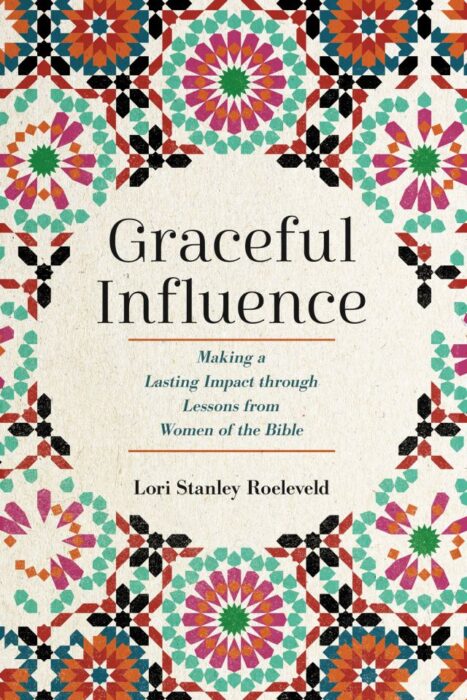
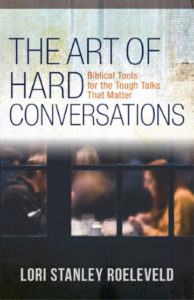
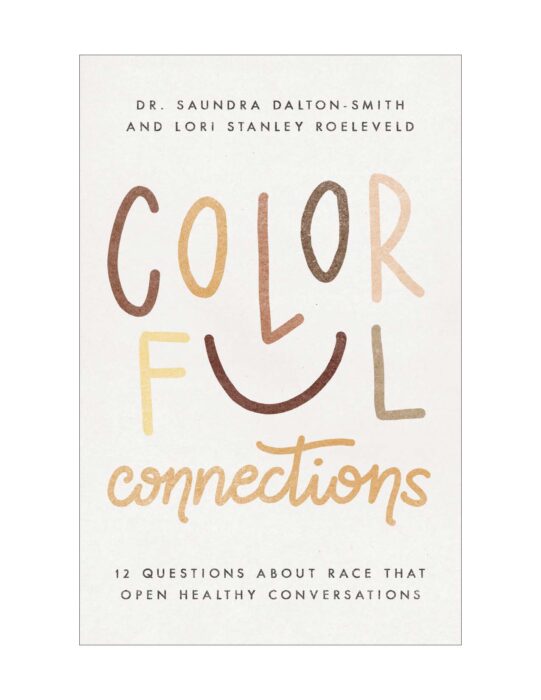
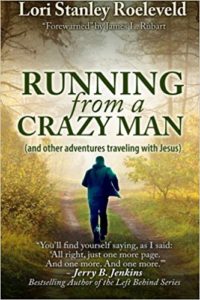
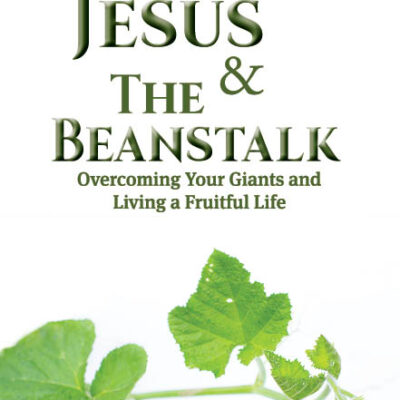





The Conversation
Shouting out an “Amen” to this post, Lori!
“It should cultivate an appetite for truth and beauty that leaves the reader gasping for God.” ~ Oh Lori – I may have to make that line my mission statement. You know how much I want that to be said of what I write…phenomenal post my friend.
Wow! Great post, Lori. As usual.
Always the contrarian, I want to bring up another point. What’s wrong with some good old entertainment? Why can’t Christian fiction just entertain Christian readers, and help them relax at the end of a hard day of factory work or office work or child rearing or around-the-home work? Must we always have our minds engaged in learning and growing to the point where they explode from all that’s crammed inside? Yes, we must renew and stretch our minds regularly. That doesn’t mean we should over-tax them.
Surely there’s room for both types of Christian fiction, the type you describe and the mere entertainment in a wholesome manner type. All general market fiction doesn’t seek to change the world. For every Uncle Tom’s Cabin there are dozens of non-descript novels we’ve forgotten but which entertained people for a season. For every Ulysses there are a dozens of book that helped us escape for an evening.
To say all Christian fiction must raise “discussion to an entirely different level…[be] story dangerous enough, does it go far enough, does it represent Christ so well that it turns someone’s world upside down” is akin to saying we should only sing hymns in church and not worship choruses, because hymns give us doctrine while worship choruses merely praise.
What a great post. I find if we center on God and his love we will be to buzy to worry about the things we can’t do. If you love God and trust Him everything just seems to work out but He must be first. Besides He is a very interesting individual to get to know. God bless you.
Glenda Parker
Sure, David. There’s room for both but I think right now “Christian fiction” is defined by the books that seek to entertain without offending. I know I can be a bit of deep-water fish so I don’t want to be heavy-handed but certainly Jesus managed to tell stories that engaged and yet, drew the reader into a deeper experience of God at the same time. Even something light and entertaining can help me see Jesus better. If we aim for “non-offensive” and “clean,” that’s all we’re going to get. There’s nothing wrong with it, but why, instead of settling for good, don’t we strive for best. Of course, I’m speaking as someone yet to find a publisher for my work so take my opinion for what it’s worth as a reader. I only have so much time on this earth – if I’m going to read anything, why shouldn’t it move me closer to God even as it entertains or helps me escape my troubles? I believe some writers manage to do that and I believe more can if the bar is set that high. If we’re going to attach Jesus’ name to an entire genre, it ought to represent the best of all writing.
Lori: We have four short works that define Jesus’ entire life, including much overlap. We have maybe 100-200 hours of his ministry covered, less than 1 percent of three years. We don’t see Him in his relaxation, except for a few times He was a guest at someone’s banquet, and even then He found a way to make them teaching and evangelistic opportunities. He surely didn’t teach every waking hour. He relaxed at times.
When we relax we should still do so in a way that glorifies God, including when our relaxation is reading. In July I read Trial By Ordeal, a Christian novel where a young, unmarried college professor does stupid things that causes him to run afoul of the Chicago Mafia. It included the professor’s conversion, which was done in a somewhat clumsy manner, IMHO. But the book was thoroughly entertaining and did nothing to offend me. My wife read it and it had nothing that offended her. For parts of five evenings I found release from ten hour work days with two to three hours a day of writing added in. If in those five evenings I had been reading the kind of fiction that would fill my mind with thoughts of impacting the world enough to have mobs pull me out of my house and accuse me of turning the world upsidedown, I’m pretty sure I would have been so stressed I would have resembled a zombie by now.
In my writing at the present time I’m mainly trying to write for non-Christians but with a Christian worldview underpinning my work. Others are adequately covering the Christian market.
Now you’ve lost me a little David. I have nothing against Christian’s relaxing and I’m not sure how growing closer to God seems more like work than relaxing. I don’t find reading The Chronicles of Narnia work or stressful and yet it can turn my world upside down by affecting my worldview. – And while I’m know there is much more to Jesus’ earthly ministry than what we have in the gospels – this is the part that got “published” so I feel comfortable taking a cue from that. Keep writing, bro. I don’t think we’re so far off – I think I just didn’t express myself clearly enough. I’ll try it again soon.
Christians – not, Christian’s (I need a full-time editor!)
Lori: I’ve tried to frame an answer to you, and I can’t. Your original post applies to all Christian fiction since you don’t expressly apply it to some part of Christian fiction. Thus you say ALL Christian fiction must be mob-inciting fiction. I’m sorry, but I reject that. There must be room for Christian entertainment that is pure entertainment: not doctrine, not discipleship, not motivation, not moving us to preach on street corners, not motivating us to incite mobs. Yes, there needs to be some of all of that. But your original post leaves no room for mere entertainment. That’s what I object to.
Your challenge has been a good one for me, David, and I guess when all is said and done, we just disagree. Fairy tales through the ages entertain but they also inform the reader’s worldview. I’m not talking about preaching or doctrine – I’m talking about maximizing the power of storytelling. When I refer to “Christian fiction” I mean it as genre and I stand by the notion that the MAJORITY of it, at least, should represent the best that storytelling can be. Why not? Why wouldn’t it? Why shouldn’t that be the goal?
I’m wondering — is there some reason why this discussion is always framed in all-or-nothing terms? Why can we never discuss a continuum — some readers love bonnet books, some readers love extreme-edgy, and many readers love something in between the extremes. I’ll confess, I try not to write boring books because when I accidentally buy and try to read them, they just leave me yawning. Some folks may find my books too “out there” because they deal with themes, settings, and topics I’ve been told “won’t fly” in Christian fic.
Well, they fly for me, because I’m writing for that other end of the continuum. Why aren’t both ends given, if not equal time, at least equal respect?
I find it curious that people are choosing to discuss the “all” aspect but not the points of the blog. I don’t believe I ever used the word all and I’m not opposed to entertainment. The point was to refrain from reducing “Christian fiction” to being distinguished by what it “doesn’t do.” It doesn’t offend, its characters don’t swear, drink, or have explicit sex scenes, etc. etc. I don’t think that should be the noteworthy point of distinguishment for Christian fiction. I think Christian fiction should be destinguished for what it DOES. It awakens the soul to beauty, it creates a hunger and thirst for righteousness, it reminds the reader what life is really about, etc. etc. It’s interesting to me that some comments have wanted to make this a discussion of “light vs heavy” literature rather than “How do we distinguish Christian fiction from other fiction.”
So much to ponder, as always. LOVE this blog.
powerful and heartfelt words. Thank you for a good post.
Great thoughts. I encourage you to read one of my “Favorite” posts: Thoughts on Christian Fiction
Thanks, Don. I will. Good to hear from you, bro.
I really believe that work, in whatever arena, inspired by the Holy Spirit, will elevate those around to at least wonder about God. An excellent bricklayer, an efficient accountant, an inspiring teacher, a writer… Each of us has an obligation, no, privilege, to reflect the brilliance of our Maker. To do less, is to miss our calling.
Good Christian fiction doesn’t need to explicitly haul every reader before the altar and demand a response. But it should do so implicitly through creative mastery of language and excellent and relevant storytelling because it is created by someone who is made in the image of The Creator and endowed with His Spirit.
Too often we settle for less than excellence. I, too, like a “good read”. But I expect every good read to cause me to ponder. If it merely titillates, it misses the mark.
Have you ever read a book that is unsettling because of its dark nature? Christian literature should be unsettling because of the light.
THAT’S IT! That’s what I was trying to say! Thank you for saying it better than I did, Narda.
I love this post because I’ve ALWAYS been a believer that just because a Christian wrote it (or just because a character has faith in God) DOESN’T make it a Christian novel. That’s like calling Lord of the Rings a romance because two people kiss.
Sometimes it’s just a GREAT, moral story with an underlying Christian theme (which I love – those books are great entertainment!). This is an amazing challenge and a great POV – thanks for sharing!
You put that so well, Karin. I love that perspective. You’ve captured what I was trying to say. Thanks!
I do believe we need more un-sanitized Christian fiction, but I think trying to broad-sweep that it ALL needs to be that way is swinging the pendulum too far.
And we need to be careful of statements like, “It should scandalize and scare anyone who is settling for less than the life they were created to live in Christ.” Some Christians come from very dark places, and being forced to relive certain things aren’t going to bring them closer to God. Scaring and scandalizing only rips open old wounds. Sometimes we need to have a “safe” place.
And please–understand where I’m coming from. I write dark fantasy and horror. I have no qualms with Christian fiction containing violence or language. I can’t stand reading sanitized Christian fiction myself. But I don’t dare make the generalization that no one should read it.
There needs to be both. Actually, there needs to be a variety among Christian fiction works–from safe/sanitized to deep/dark and every level in-between. Christians come with all sorts of needs, and we’re all in different places in our relationships with God. Christian fiction shouldn’t be one-size-fits-all.
I disagree, Kat. The simplest parables Jesus’ told scared and scandalized the Pharisees who heard them and they were neither graphic nor did they contain “language.” I think that to present characters who choose to remain in marriages when things are hard, who forgive those who have wronged them without retaliating, or who reject false religions and purport that Jesus is the only way to be saved is to present scandalous truth. Sometimes we fail to remember how threatening this truth can be because we think of this fiction as only “preaching to the choir.” But, it’s still scandalous. And, I don’t mean un-sanitized to only reference “language or violence.” We often sanitize the gospel to mean less than what it does – wholesale life change, death to self, radical living, sacrifice – to present this in a fictional work is to present the unsanitized gospel. We can be romantic, humorous, entertaining, and provide people with an escape while still holding out the raw diamond of truth with all its facets.
Lori, I actually do agree with you that a story can be hard-hitting without language and violence and such. I really do! But generally when people talk about “sanitized” Christian fiction they mean making sure the story is squeaky-clean. So maybe I misinterpreted your point there.
The kind of fiction you speak of–yes, we do need it! Yes. And I can also agree that if an author is trying to present the gospel in their writing and it comes across as watered down or like a preschool Sunday school lesson, it is doing a disservice.
That said, I still think we can have Christian fiction for pure entertainment, with no heavy or convicting messages. Just a story.
Brilliant thoughts!